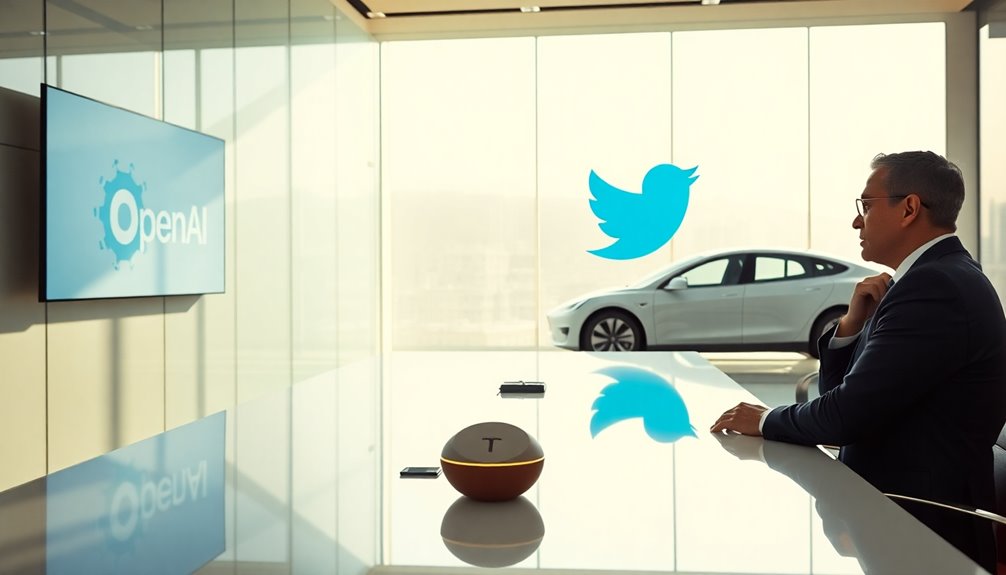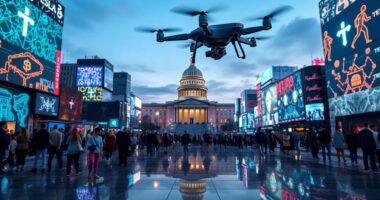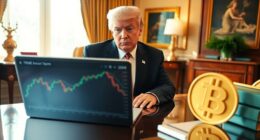You might find it intriguing that Elon Musk is eyeing a return to OpenAI amidst its financial challenges. Meanwhile, OpenAI, under Sam Altman's leadership, is focused on a bid for Twitter, aiming to strengthen its independence. This clash of intentions raises questions about the future of AI development and the potential impacts on both organizations. What could this mean for the industry as a whole?

As the landscape of artificial intelligence evolves, the intersection of Tesla and OpenAI has become a focal point of interest, especially with Elon Musk's recent moves. You might find it intriguing that Musk, though no longer directly involved with OpenAI since 2018, is now leading an investment group offering a staggering $97.4 billion to gain control of the AI powerhouse he co-founded in 2015.
OpenAI is known for its cutting-edge generative AI models, like ChatGPT, but it's currently navigating some financial turbulence, operating at a loss due to hefty technology costs while transitioning to a for-profit structure as a Delaware Public Benefit Corporation. OpenAI has become the world's leading AI startup since Musk's departure, further emphasizing its growth and the competitive nature of the industry. Additionally, AI-driven personalization in e-learning has the potential to enhance educational resources, reflecting the broader impacts of AI technology.
However, OpenAI's leadership isn't rolling out the welcome mat for Musk's offer. CEO Sam Altman countered Musk's bid with a proposal to buy Twitter—now X—for $9.74 billion. This bold move suggests that OpenAI is focused on securing its independence and pivoting toward its own strategic goals rather than getting wrapped up in Musk's AI ambitions.
You can see how tensions have flared between Musk and OpenAI, especially given Musk's skepticism about the company's financial decisions, which he perceives as misguided.
Musk's interests in AI don't just stop at OpenAI; he founded xAI in 2023 to compete directly with them, further complicating the relationship. His involvement with both Tesla and xAI adds layers to the competitive landscape of AI development.
As you follow these developments, it's clear that the outcome of Musk's bid could have seismic effects on the industry. If he gains control, OpenAI might face pressure to align with Tesla's vision, which could alter its course significantly.
On the other hand, if OpenAI maintains its current trajectory, it might solidify its position as a leader in AI while fostering innovation through its significant infrastructure projects. This ongoing drama showcases not just the rivalry between Musk and OpenAI's leadership but also raises questions about broader regulatory implications for AI.
You might wonder how this tug-of-war will shape the future of AI, especially as competition heats up.
Ultimately, the stakes are high for both Tesla and OpenAI. As you keep an eye on these developments, the intersection of these two entities could redefine the landscape of artificial intelligence in ways we can only begin to imagine.









